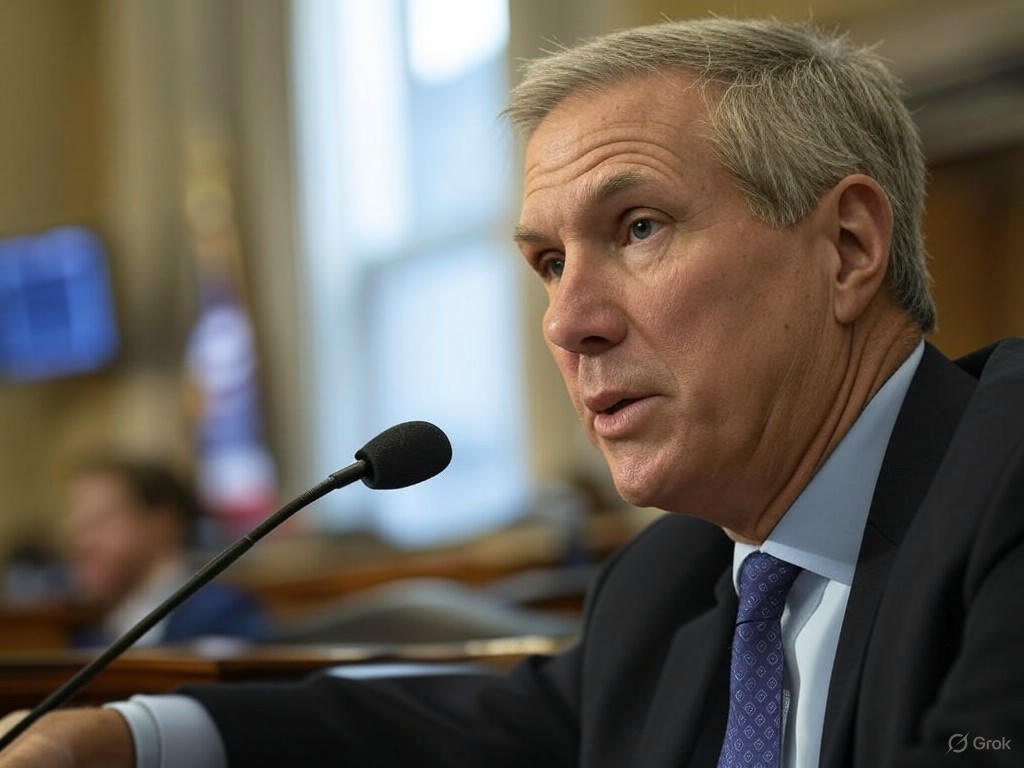In a groundbreaking move for the cryptocurrency sector, the U.S. Senate has passed the GENIUS Act, a pioneering piece of legislation aimed at establishing a regulatory framework for stablecoin issuers. This historic decision, marking the first significant digital asset bill to gain Senate approval, signals a transformative moment for the rapidly evolving crypto industry. As digital currencies continue to reshape financial systems worldwide, the need for clear guidelines has never been more pressing, and this bill represents a crucial step toward balancing innovation with consumer protection.
Stablecoins, digital assets pegged to traditional currencies like the U.S. dollar, have surged in popularity due to their potential to offer stability in the volatile crypto market. They are widely used for transactions, remittances, and as a bridge between traditional finance and decentralized systems. However, their rapid adoption has raised concerns among regulators about risks such as fraud, market manipulation, and systemic financial instability. The GENIUS Act addresses these issues by setting strict standards for issuers, including requirements for transparency, reserve backing, and regular audits to ensure that stablecoins remain secure and reliable for users.
The passage of this legislation is being hailed as a major win for the cryptocurrency industry, which has long sought clarity from policymakers to foster legitimacy and encourage broader adoption. Industry leaders argue that well-defined rules will not only protect consumers but also attract institutional investors who have been hesitant to enter the space due to regulatory uncertainty. By creating a structured environment, the GENIUS Act could pave the way for stablecoins to become a cornerstone of digital finance, potentially revolutionizing everything from cross-border payments to decentralized lending platforms.
Despite the optimism, challenges remain as the bill now heads to the U.S. House of Representatives for further deliberation. Political divides and competing interests could complicate its path to becoming law. Some lawmakers express skepticism about the readiness of the financial system to integrate stablecoins on a large scale, citing potential risks to monetary policy and traditional banking. Others worry that overly stringent regulations might stifle innovation, pushing crypto businesses to jurisdictions with more lenient policies. The coming months will be critical in determining whether a bipartisan consensus can be reached to finalize this landmark legislation.
As the debate continues, the Senate’s approval of the GENIUS Act stands as a testament to the growing recognition of cryptocurrency’s role in the future of finance. It reflects a broader shift in perspective, where digital assets are no longer viewed solely as speculative investments but as integral components of a modern economy. If the House follows suit, the U.S. could position itself as a global leader in crypto regulation, setting a precedent for other nations to follow. For now, the crypto community watches with bated breath, hopeful that this milestone will usher in an era of stability and trust in the world of stablecoins.
